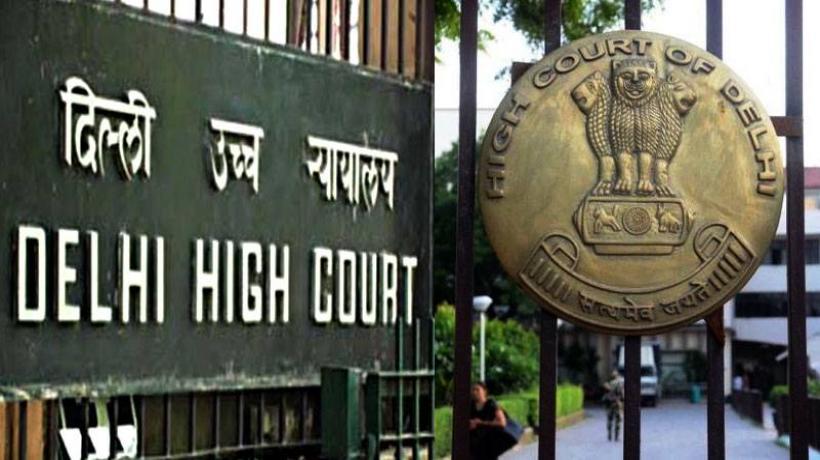


The Delhi High Court in the case Taleda Square Pvt Ltd v. Rail Land Development Authority, ARB observed and has held that an arbitration clause wherein one of the contracting parties has the power to appoint the 2/3rd members of the arbitral tribunal and has compelled the other party to choose its nominee arbitrator from a narrow panel of only 5 names is not enforceable in law.
The bench headed by Justice Rekha Palli in the case obserevd and has held that a narrow panel of 5 arbitrator with a further power to the party which has drawn the panel to nominee 2/3rd members of the arbitral tribunal is against the principles of ‘counter-balancing’ as it is envisaged by the Apex Court in the case of Voestalpine Schienen.
Facts of the Case:
In the present case, the parties entered into a lease agreement dated March 31, 2015. The clause 23 of the agreement contained provision for arbitration. It has also been provided that the dispute would be referred to a three members tribunal to be appointed out of a 5 members panel maintained by the respondent.
Further, it has also been provided that respondent would not just have the power to nominate its arbitrator but also the presiding arbitrator.
The plea moved involved the arbitration clause, however, upon the failure of the parties to mutually agree on the members of the arbitral tribunal, the petitioner filed an application as stated under Section 11 of the A&C Act.
The court in the case observed and has held such an arbitration clause wherein one of the contracting party has the power to appoint the 2/3rd members of the arbitral tribunal cannot be given effect to and it becomes incumbent upon the Court exercising powers under Section 11 to appoint arbitrator to constitute an impartial arbitral tribunal.
The court while considering the facts and circumstances of the case allowed the petition and appointed two retired judges as nominee arbitrator for the parties with a further direction upon them to mutually appoint the presiding arbitrator The counsel, Advocates Ms. Nina R. Nariman with Ms. Geetika Kapur appeared for the petitioner.
The counsel, Advocates, Mr. R.V. Sinha and Mr. A.S. Singh, Mr. Amit Sinha, and Mr. Rajeev Sharma, represented the respondent.